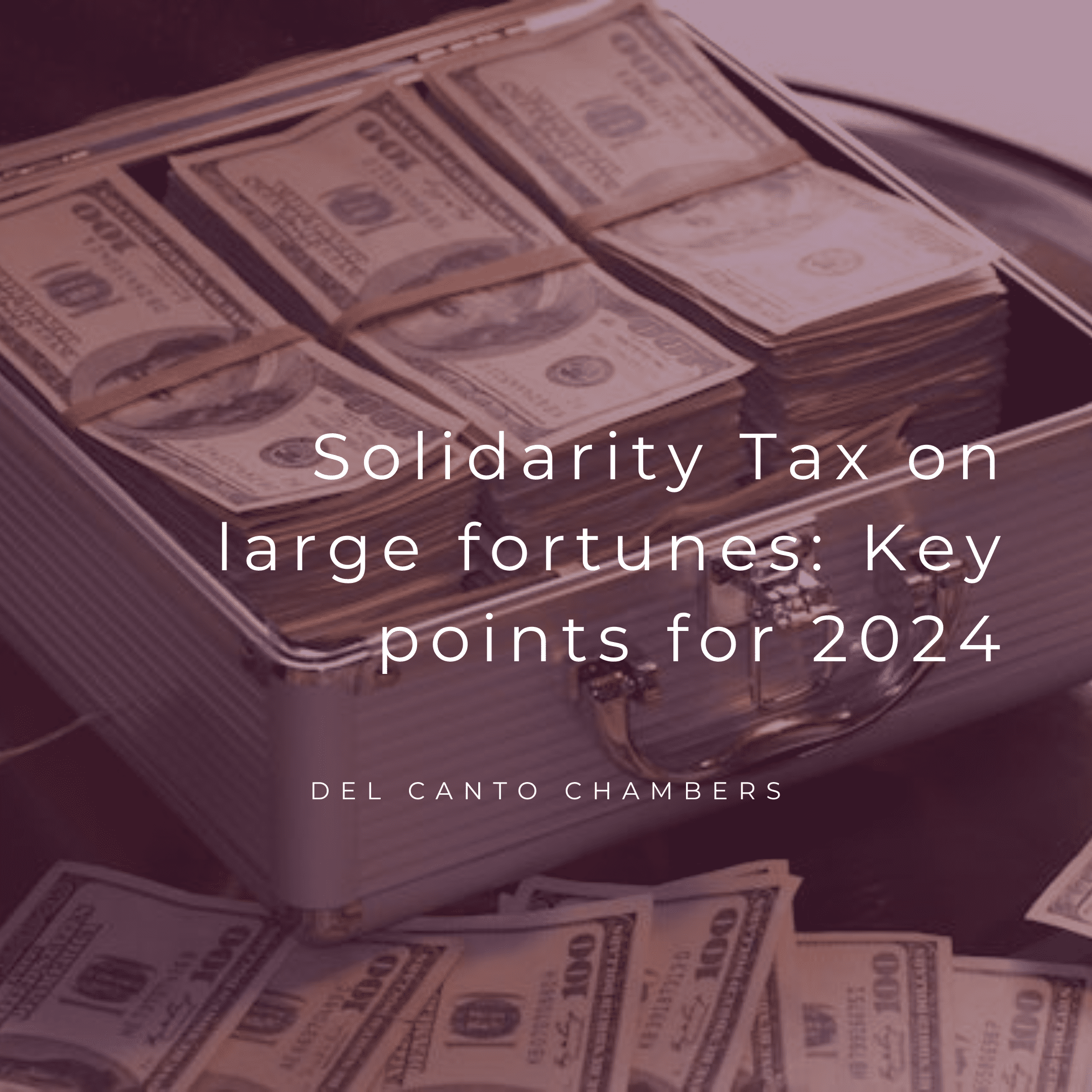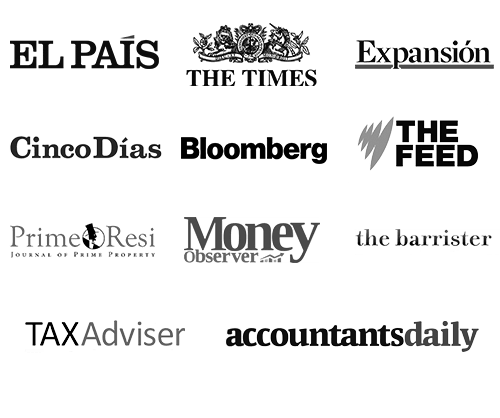The Spanish tax authority keeps its collection policy and it is focused on HNWI and multinationals, increasing its inspections in areas like Costa del Sol and Madrid
The Spanish Tax Agency is increasing its tax inspections both HNWI, especially those non-residents owning properties (generally, second-home residences) and multinationals in our country, following wealth and geographical criteria.
Indeed, the 2016 Annual Tax and Customs’ Plan presents the Spanish tax authority’s purpose to fight against the non-tax residents’ severe lack of declarations, or residents with interests abroad. And of the 2015’s Plan, the tax authority announced the reinforcing of face-to-face visits in its tax inspections.
Bodies under the Spanish Tax Agency are working on it. The Sepblac (Executive Service of the Commission on Money Laundering and Monetary Offences’ Prevention in Spain) concentrates up to 10% of its activities, especially, in the province of Málaga and up to 30% in Madrid. From 4.257 conducted interventions in 2015, up to 29.3% corresponding only to tax crimes.
Besides, the Anti-Fraud Investigation’s Office (ONIF, in Spanish), collected E2.5bn last year in fines against established multinationals in Spain and it is investigating Google and Amazon, amongst others. The latter are under suspicion: The Spanish Tax Agency screens its last four tax years. In 2015 it paid 660.000 euros in profit taxes on declared gains of 55 million euros.
With regard to natural persons, the non-residents High-Net-Worth Individuals (HNWI) in Costa del Sol, already paid around E71m in taxes in 2015. This group usually invest in properties that they use as second-homes in luxury developments in Marbella and Sotogrande. Only in Málaga, the number sold of these type of properties in 2015 reached up to 1.288 houses, up to 10.9% more than in 2014.
Tax authorities usually perform many inspections. In 2014 they opened an investigation at a grand scale in 28 municipalities belonging to Malaga, and at the start of 2016, they conducting the operation Davy Jones, where a 25-million-euro fraud was discovered, belonging to a well-known Dutch citizen.
Those policies followed by the Spanish Tax Agency are being characterized by a marked collection’s pursuit, over other less harmful measures to taxpayers such as the fostering of foreign investments. The geographical factor is nothing more than a sample of the exaggerated increase of the exaggerated collecting powers of the Spanish tax authorities; measures that would lead to raise, there is no doubt, tax insecurity and citizenship’s mistrust.
At Del Canto Chambers we are specialized in tax and trade law as well as tax inspections’ procedures management. We can be contacted at clerk@delcantochambers.com
Del Canto Chambers’ Editorial Board




